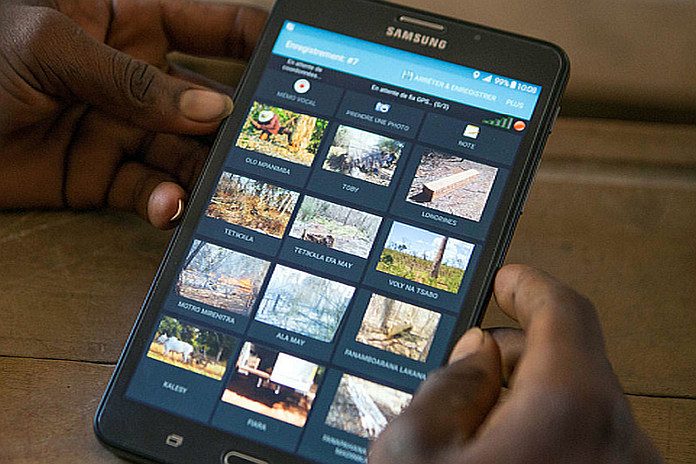NEW YORK, USA – Secretary-general António Guterres told the first meeting of the Group of Friends on Digital Technologies in New York that, “new technologies, and particularly digital technologies, are already having a major impact on the world, affecting all our work on international peace and security, sustainable development and human rights”.
Both positive and negative technological developments are jolting the world at “unprecedented speed”, the UN chief said on Thursday, underscoring the need to “maximize the benefits…whilst mitigating harms”.
He pointed out that while it took 50 years for electricity to reach the first 50 million users worldwide, it has taken half that time for digital technologies to reach three billion across the planet. And while the UN is engaged in many important initiatives, Guterres maintained that “they are not enough, and they are not coordinated”.
“Our thinking and action are not keeping pace with the challenge”, he asserted.
He said that the high-level panel on digital cooperation – aimed at strengthening coordination between governments, the private sector, and international organizations – emphasized the need, among other things, to close the digital gap, recognize human rights in digital contexts, build cyber trust and security and agree on a new global architecture.
The UN is currently finalizing small groups of “champions” for each of these recommendations who will lead key groups, including from the Organization, governments, industry and civil society to ensure tangible action with real impact.
‘Long-term vision’
Beyond these immediate priorities, the UN chief urged the Group of Friends to “pursue a long-term vision”.
“We, the international community, urgently need to broaden and deepen our engagement to ensure that we are making maximum use of digital technologies, including artificial intelligence, cyber tools, blockchain, and robotics while mitigating risks”, he said. Noting that digital technologies are easily accessible and have “very serious cross-border impacts”, Guterres added that “decisions taken at the global level will help determine whether they are used in ways that are harmful or beneficial, and how risks and benefits are distributed across the world”.
“We cannot allow digital technology to undermine our human rights and fundamental freedoms”, he spelled out. “Nor can we allow it to reinforce and amplify existing inequalities based on gender, income, ethnicity, region, development status or any other factor”.
He said as national and regional measures often lag behind innovation and international cooperation is giving way to isolationism and populism, “joint action is vital to mitigate risks and ensure that systems are interoperable and inclusive, providing access across sectors and borders”.
“Fragmented” regulation of digital space puts a free, secure internet at risk, and will fail to provide adequate guardrails, he warned. Success depends on our ability to work together across disciplines and stakeholder groups, across nations and political divides – UN chief.
Address discrepancies
Harnessing digital technology is essential to achieving the 2030 Agenda for Sustainable Development and the Sustainable Development Goals (SDGs). While the Global South stands to gain or lose the most from new technologies, he highlighted that affluent countries have a disproportionate input into the regulatory discourse.
“I urge this Group of Friends to address these discrepancies”, he said. “Unless we do so, the high price of access and the centralization of digital infrastructure and capacity could lead to monopolization by mature economies”.
Calling the Group of Friends “a formidable global force for inclusivity and diversity”, he encouraged them to “seize the initiative, address the biggest questions, and to cross political and regional boundaries”.





